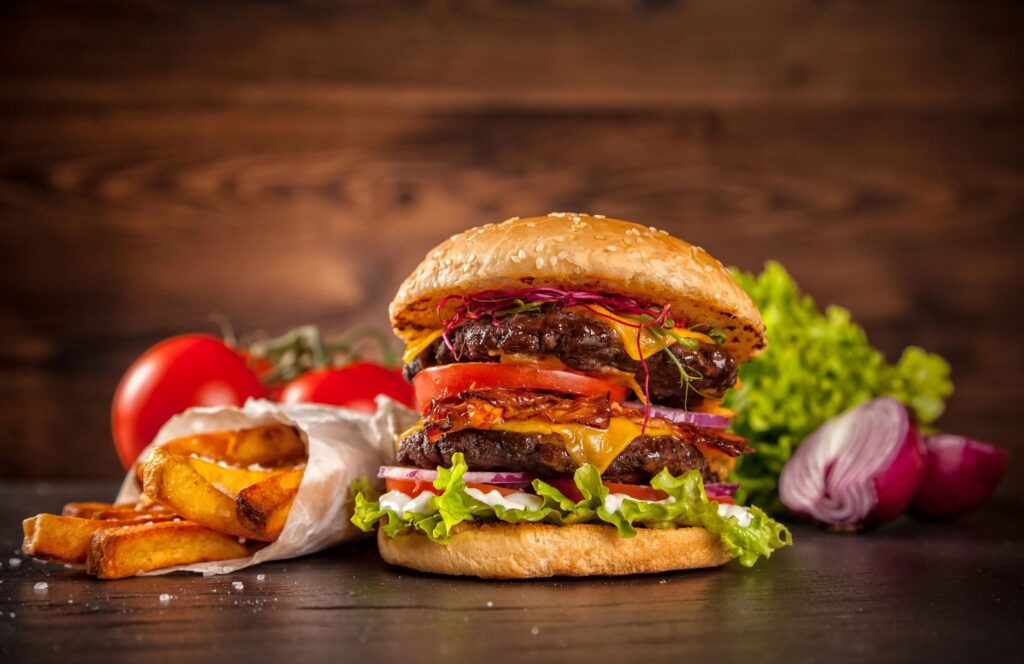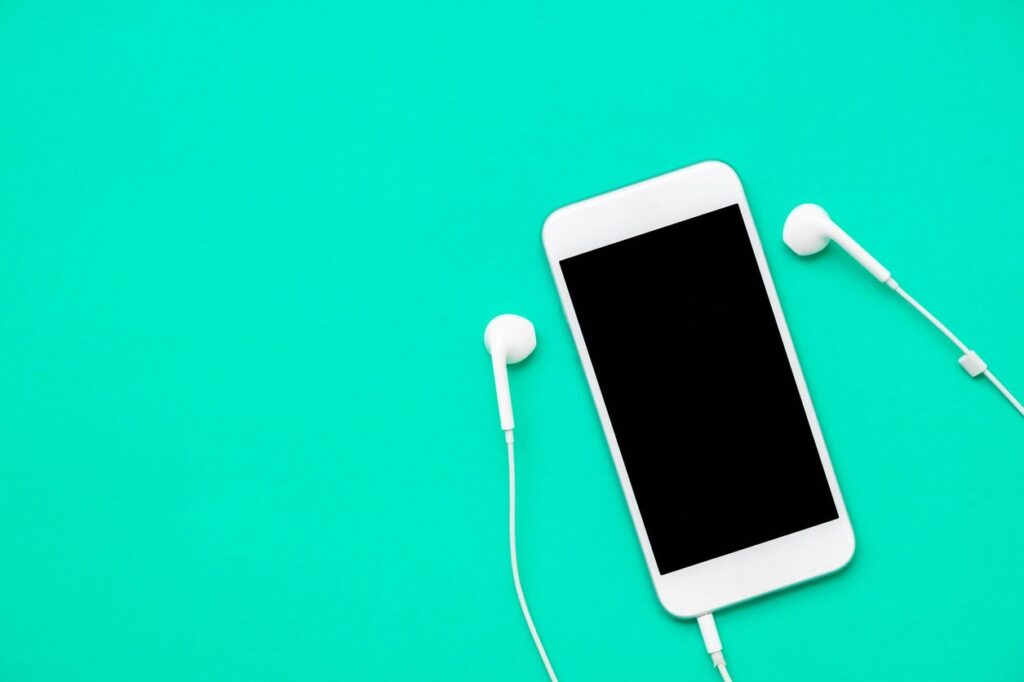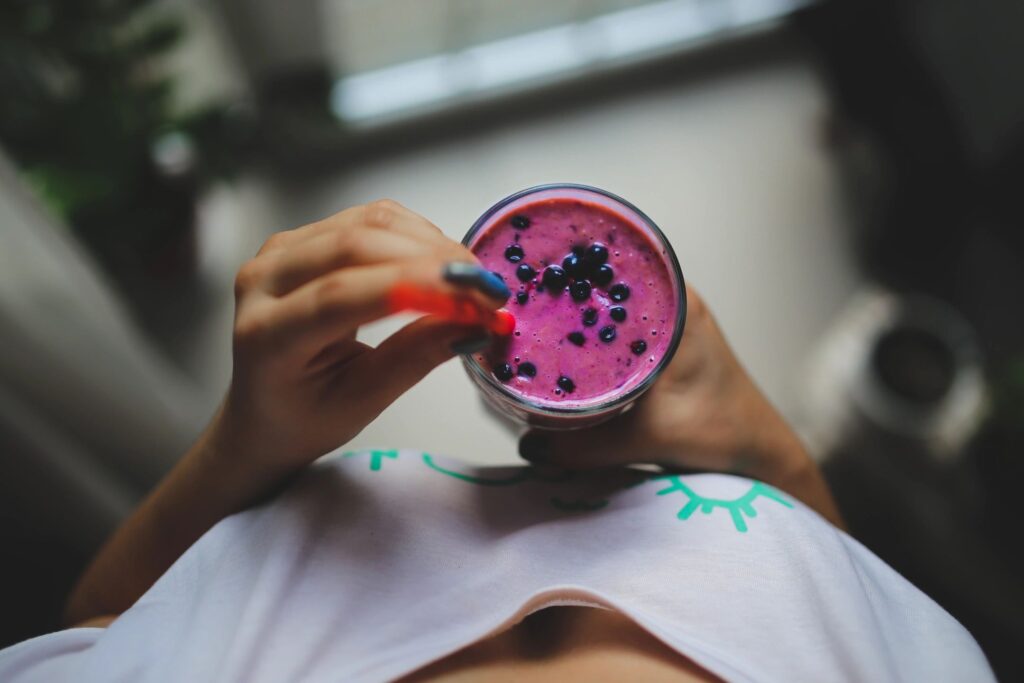Health Psychology
Resources and Studies on the Psychological Impact of Coronavirus
It seems like one can’t check the headlines these days without some disconcerting bit of news about novel coronavirus, aka COVID-19, popping up. At least, that’s true in my hometown of San Francisco, where public health officials are now recommending social distancing. As a mental health blogger, I naturally tend to look at the psychological…
Read MoreCan Psychology Research Make Us Healthier Eaters?
Healthy diet isn’t just a topic for doctors and medical researchers. There’s a psychological component to the question of why people maintain knowingly maintain unhealthy eating habits, and what might prompt people to switch to healthier foods. A new paper from Christina Roberto, a health policy researcher at University of Pennsylvania, argues that findings from…
Read MoreSwitching Off Your Phone Half an Hour Before Bed Might Improve Sleep, Memory
I’m not going to bother telling you not to use your phone before bed. Partly because you’ve probably heard that advice before, and partly because it would be hypocritical of me to do so! But I am going to highlight the results of a study that shows what might happen to people who do and…
Read MoreThe Dietary Habits of Optimists
It’s solidly established that there appears to be a link between optimism and physical health. This can be seen, for example, from the fact that people with higher levels of optimism tend to encounter fewer health problems as they age. Multiple explanations have been put forward for why seeing the world through rose-tinted glasses might…
Read MoreSchool Cafeteria Setup Can Promote Healthy Eating Habits
The idea of “nudges” often comes up in research on the psychology of dietary choices. The theory being that certain cues can “nudge” people toward healthier eating habits. I wrote about this topic a few months ago in relation to a study suggesting that using certain types of plates might encourage children to eat more…
Read MoreBreakfast Habits and School Performance
“Dear diary, today I had cereal and orange juice for breakfast.” That kind of diary entry might make for fairly boring reading, but it’s exactly what the authors of a recent study on nutrition habits and school performance were interested in. In the study, 294 British teenagers kept food diaries for a week, reporting the…
Read MoreTesting Berry Smoothies as a Brain Superfood
Berries commonly star on lists of “brain-boosting” foods. As I’ve talked about before, there’s some evidence for the idea that berries can enhance cognitive functioning, although it’s not an open-and-shut case. The latest study to examine the relationship between berries and brain functioning comes in liquid form – specifically, in the form of a 400…
Read MoreAmericans’ Unhealthy Ideas About What Breakfast “Should” Be
This week’s theme on the AllPsych Blog appears to be food, and the psychology of healthy eating. In my last post, I talked about how the right plates could act as a “nudge” to encourage children to eat more fruits and vegetables. And fitting with the theme, today’s topic is breakfast, and American-style breakfast in…
Read MoreChoice of Plate Can Help Children Eat Their Vegetables
For centuries, parents have been trying to cajole their children into eating broccoli. Now scientists are here to help. Techniques for convincing children to up their fruit and vegetable consumption are sometimes called “nudges.” Researchers have been investigating these techniques in recent years and found that, in general, nudges do have the ability to influence…
Read MoreWhen Does Comfort Food Really Comfort?
Of the different ways we might deal with negative emotions, eating isn’t necessarily the healthiest. Sure, we might want to reach for a candy bar when we’re feeling down, but eating too many candy bars can bring its own problems! Still, that doesn’t answer the question: does cheering ourselves up with food actually work? Or,…
Read More









